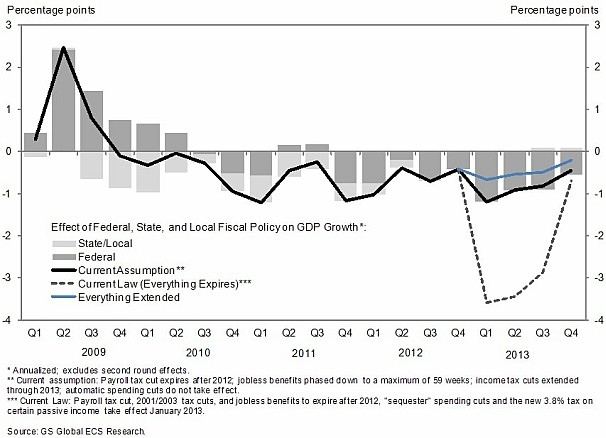In an lengthy aside in his weekly NFL column, Gregg Easterbrook provides a useful summary about how to address current and former holders of various offices (answering a few questions I had about this topic):
In the Republican debate just before the South Carolina primary, John King of CNN addressed the candidates as “Governor Romney,” “Senator Santorum,” “Speaker Gingrich” and “Congressman Paul.” Only Paul actually holds the post connected to the title. [. . .]
Should the news media use titles such as Governor and Speaker for candidates who are not in fact governors or speakers? The authority here is The Protocol School of Washington, which teaches etiquette and, name aside, is located in Columbia, S.C. It maintains a lengthy website on terms of address; the section on addressing former officials is here. The basic rule is that if there are many persons in a category then a former official keeps his or her title when being addressed, while if there is only one of someone, the former person to hold that job does not keep the title.
Since there are many governors and senators, “Governor Romney” and “Senator Santorum” are correct terms of address. But there is only one Speaker of the House, so Gingrich should not be addressed as “Speaker Gingrich.”
The one-or-many rule is the reason judges, generals, admirals, governors, mayors and members of Congress keep their titles for life — but presidents, speakers and cabinet secretaries do not. The Protocol School notes that former president Bill Clinton should not be addressed as “President Clinton,” though having been a governor, he may be addressed as “Governor Clinton.” Former Secretary of State Condoleezza Rice should not be addressed as “Secretary Rice,” she is addressed as “Dr. Rice.” When Dwight Eisenhower left office, he asked to be addressed as “General Eisenhower,” because addressing him as “Mr. President” would have been disrespectful to the sitting president, John Kennedy. Dick Cheney and Al Gore, the Protocol School notes, should not be addressed as “Vice President Cheney” or “Vice President Gore,” because there is only one vice president, though they may be addressed as “Congressman Cheney” or “Senator Gore.”
Thus addressing Next Gingrich as “Speaker Gingrich” is improper and disrespectful to the sitting speaker, John Boehner. As a former member of the House of Representatives, Newt should be addressed as “Congressman Gingrich.”
Considering Gingrich frequently proclaims his great knowledge of history, and considering he misses no chance to savage the media, why doesn’t he correct journalists who improperly address him as “Speaker Gingrich”? Perhaps because being called “Speaker Gingrich” makes him seem more important.
Why do members of the news media address Gingrich improperly? Because it makes them, by reflection, seem important. When news types call him “Speaker Gingrich” or “Mr. Speaker,” it sounds like someone of power and standing is in the room. A relationship of mutual phoniness is established — Gingrich and any journalist addressing him as “Speaker Gingrich” both pretending to be more important than they are.
We don’t have as many different ways to refer to our politicians: they’re generally either “The Honourable” (cabinet ministers, MPs, and senators — they retain the title after retirement if they are members of the privy council, and former cabinet ministers are always members) or “The Right Honourable” (Prime Minister, Chief Justice of the Supreme Court, and former Governors General). The current Governor General, as personal representative of the monarch, is addressed as “Your Excellency”.




